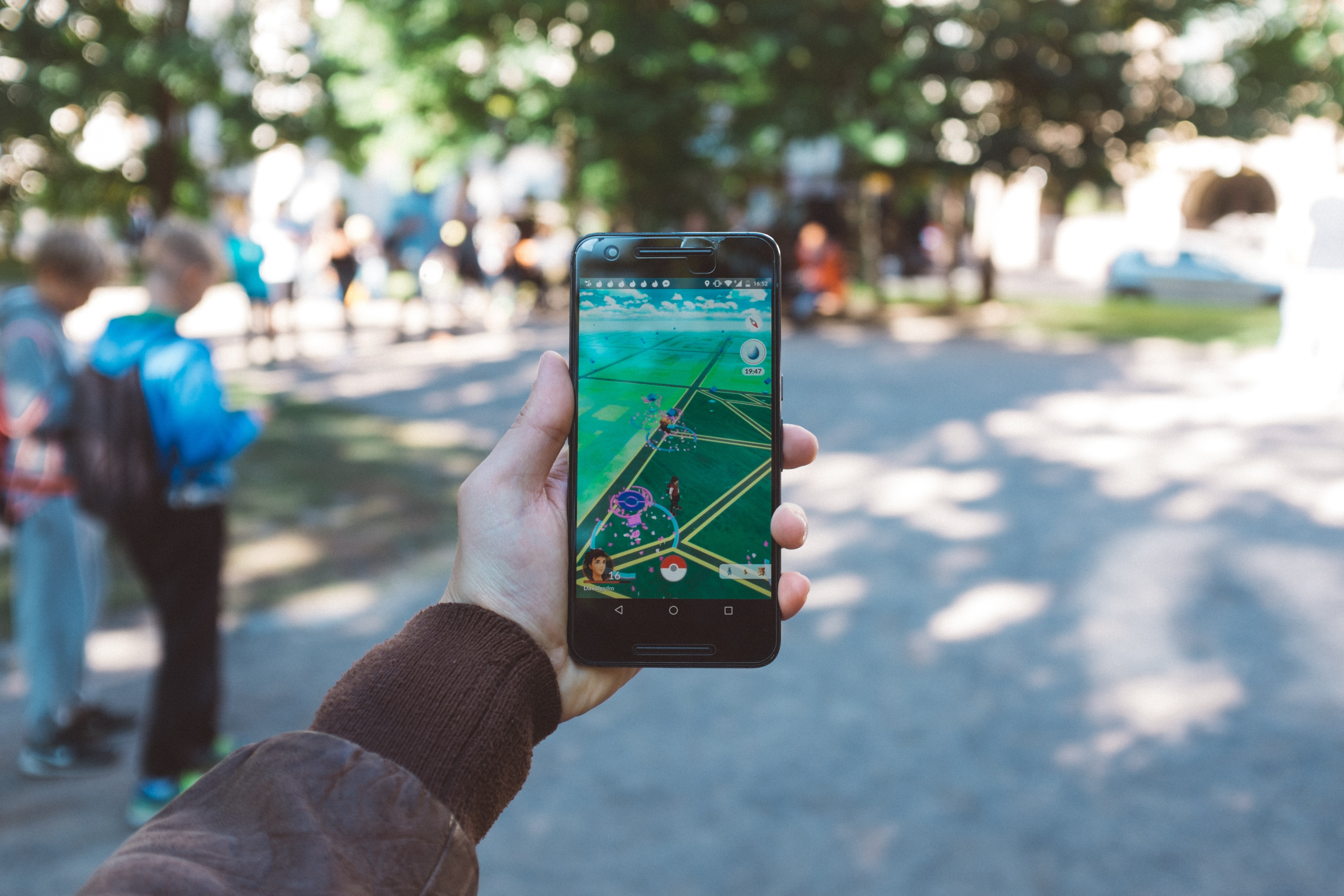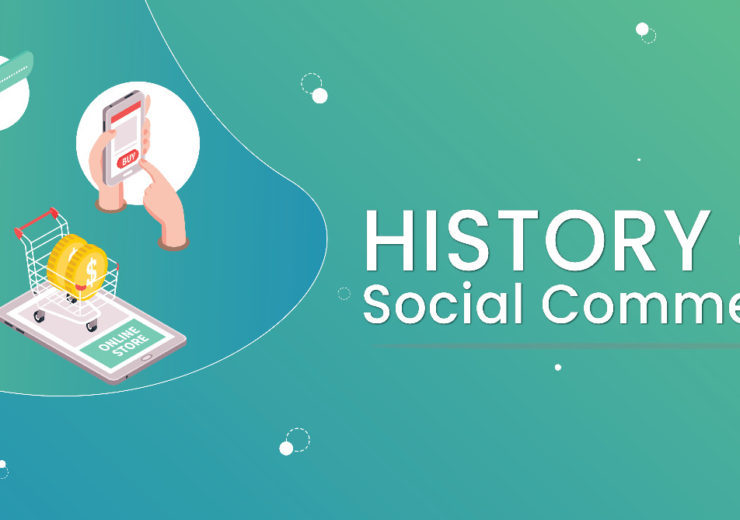Emerging Technologies in Digital Marketing
In digital marketing, engaging consumers and raising brand awareness are equally crucial. Using newer forms of technology to achieve either of them has become a rising trend. Exploiting the immense potential of technologies like Artificial Intelligence, Augmented Reality, Virtual Reality and Machine Learning to excel in a business is no longer a far-fetched pipe dream. A plethora of corporate companies have bought this fact to light, and as technology advances at a swift rate, it’s evident that these technologies and Digital Marketing are likely to go hand-in-hand. These technologies are completely changing the marketing approach to business, many companies have even started investing in these technical advancements, helping businesses generate quality marketing output.
Read our previously written blog post on emerging technologies: https://socialbuzzblogs.wordpress.com/2019/06/10/emerging-technologies-in-dm/
- Machine Learning

What is Machine Learning?
Machine Learning is simply a machine imitating and adapting human-like behaviour.
For example: Let us take up a quiz…
- 1 – 1
- 2 – 4
- 3 – 9
- 4 – ?
Your answer is 16, right?
That’s exactly what we are trying to teach machines. We are trying to teach machines to learn from experience.
Machine Learning in Digital Marketing
Machine Learning (ML) tools can analyse huge large sets of data and present understandable analytics that help marketing teams interpret the market situation wisely. For organisations using ML tools, the marketing teams have more time to expertise in several areas and implement ML findings to gain insightful knowledge to optimise their marketing strategies. By interpreting customer data, ML-based prediction algorithms can predict future paths of the user. With these insights, marketers can prevent churn or run targeted promotions that produce more favourable ROI. E-commerce giants like Amazon have been using prediction models for years to hone their famous product recommendation engines, which now drives 60% of sales.
- Artificial Intelligence

What is Artificial Intelligence?
Artificial intelligence is the ability of a computer to perform tasks commonly associated with intelligent beings. AI makes machines think like humans and mimic their actions. The ideal nature of artificial intelligence is its capability to rationalize and take actions that have the best chance of achieving a specific goal.
Artificial Intelligence in Digital Marketing
Artificial Intelligence (AI) is reshaping customer-facing services for digital marketers by increasing efficiency and optimising user experience and driving conversions. One prevalent example of Artificial Intelligence across the web is the presence of the chatbots to provide customer services to users. Chatbot helps users to ask them questions about products and services. After an automated response, brands can choose to transfer users to a live chat with a customer service representative to streamline the interaction.
- Augmented Reality And Virtual Reality

What is Augmented Reality And Virtual Reality?
Augmented unites digital elements with a live view often by using the camera on a smartphone. Examples of AR experiences include the Pokemon Go and the Snapchat lenses.
Virtual reality technology makes a person feel like they are somewhere else. It uses software to produce images, sounds and other sensations to create a strange place, making the user feel like he or she is a part of some other place for real. Examples of VR experiences include concepts such as the HTC Vive Pro Eye, Oculus Quest and Playstation VR.
Augmented Reality And Virtual Reality in Digital Marketing
Augmented Reality (AR) And Virtual Reality (VR) have completely transformed the way people look at technology. Apart from clothing stores and gaming, Augmented Reality and Virtual Reality have made several new advancements and applications in the field of business and digital marketing. With the advancement of smartphones, AR and VR can be experienced by almost everyone – like the monstrous success of Niantic’s Pokémon Go clearly showed. Various companies are implanting these technologies in their businesses to bring innovate ideas into the market and to deliver a better experience to their customers.
Conclusion
Analytics, Personalisation, Automation, Optimisation are the pillars of success for digital marketing campaigns. These technologies hold the potential of multiplying the effectiveness of all these aspects of marketing manifolds. To simplify processes and increase productivity, digital marketers must start practising these technologies to make the most effective use of data and optimise their resources.
Looking forward, humans and machine will have to unite to perform the marketing initiatives to the next level. Using the power of AI, AR, VR and ML key personnel will elevate the capabilities of companies to the next level, creating a future-oriented impact that would promote engagement and meaningful relationship development.
Image Credits:
- Machine Learning Photo by Mahdis Mousavi on Unsplash
- Artificial Intelligence Photo by Andy Kelly on Unsplash
- AR & VR Photo by David Grandmougin on Unsplash





Comment (01)